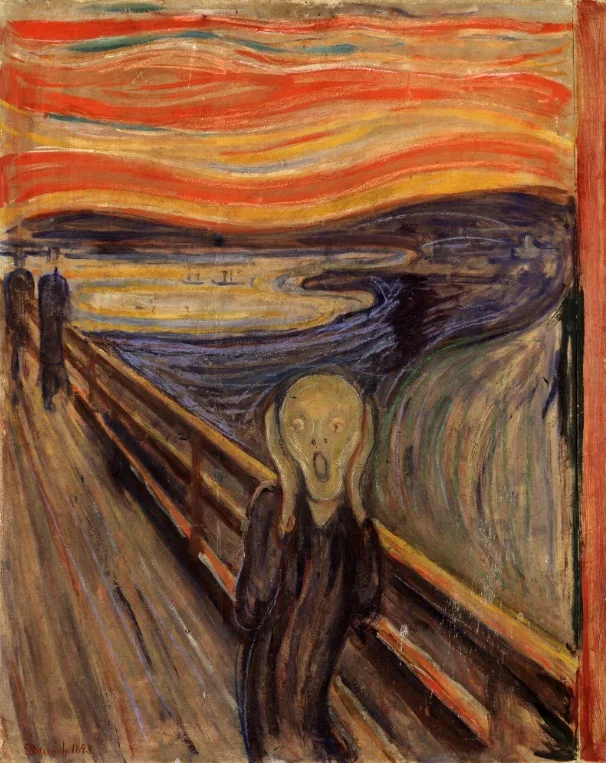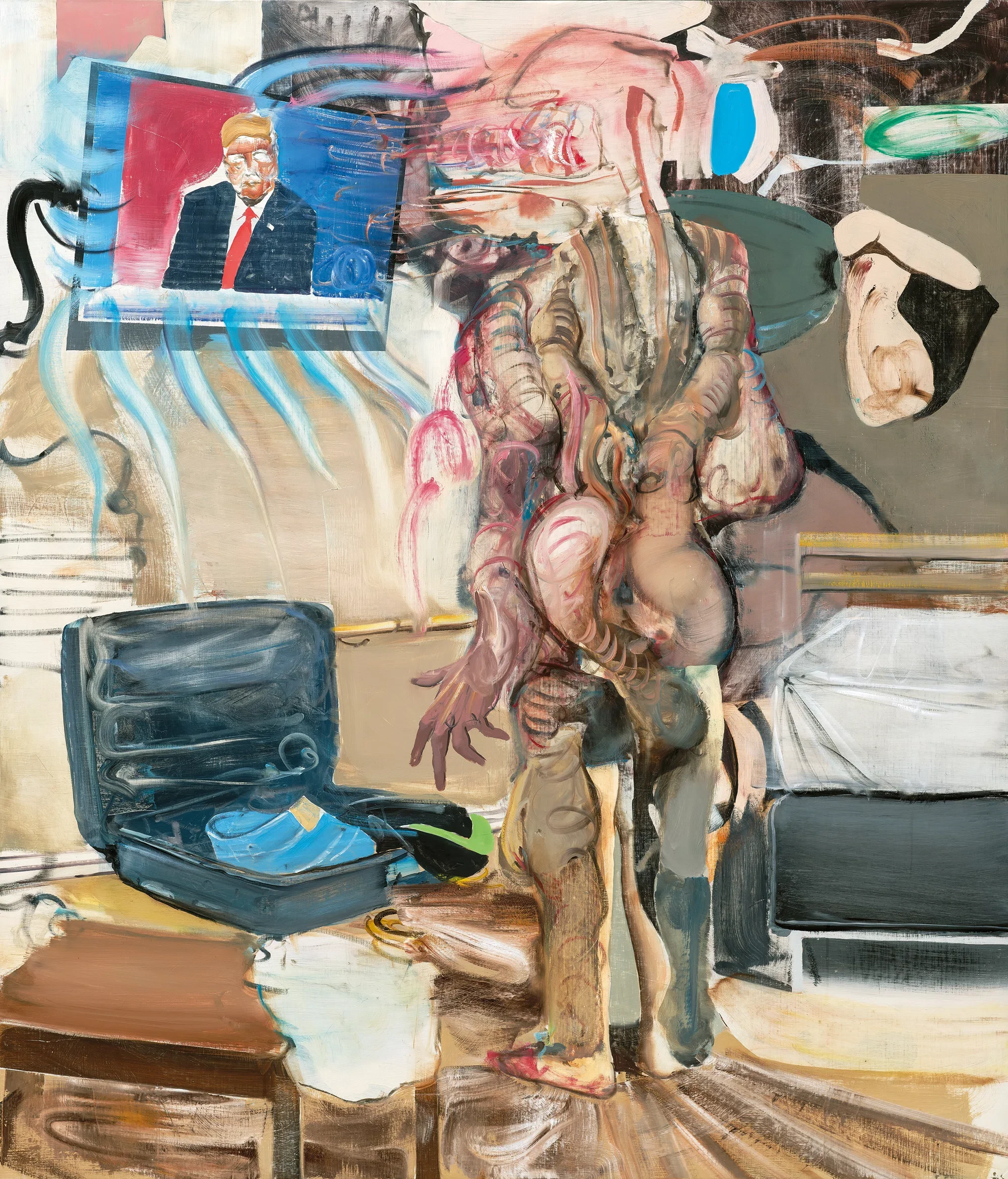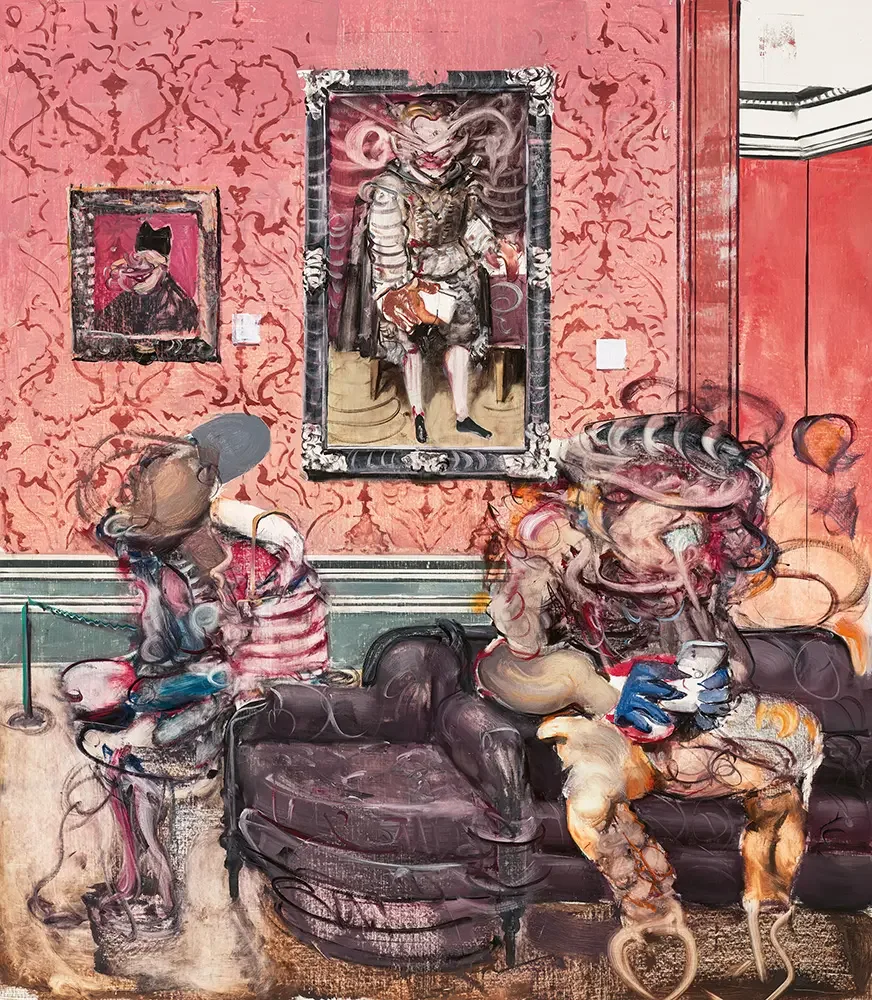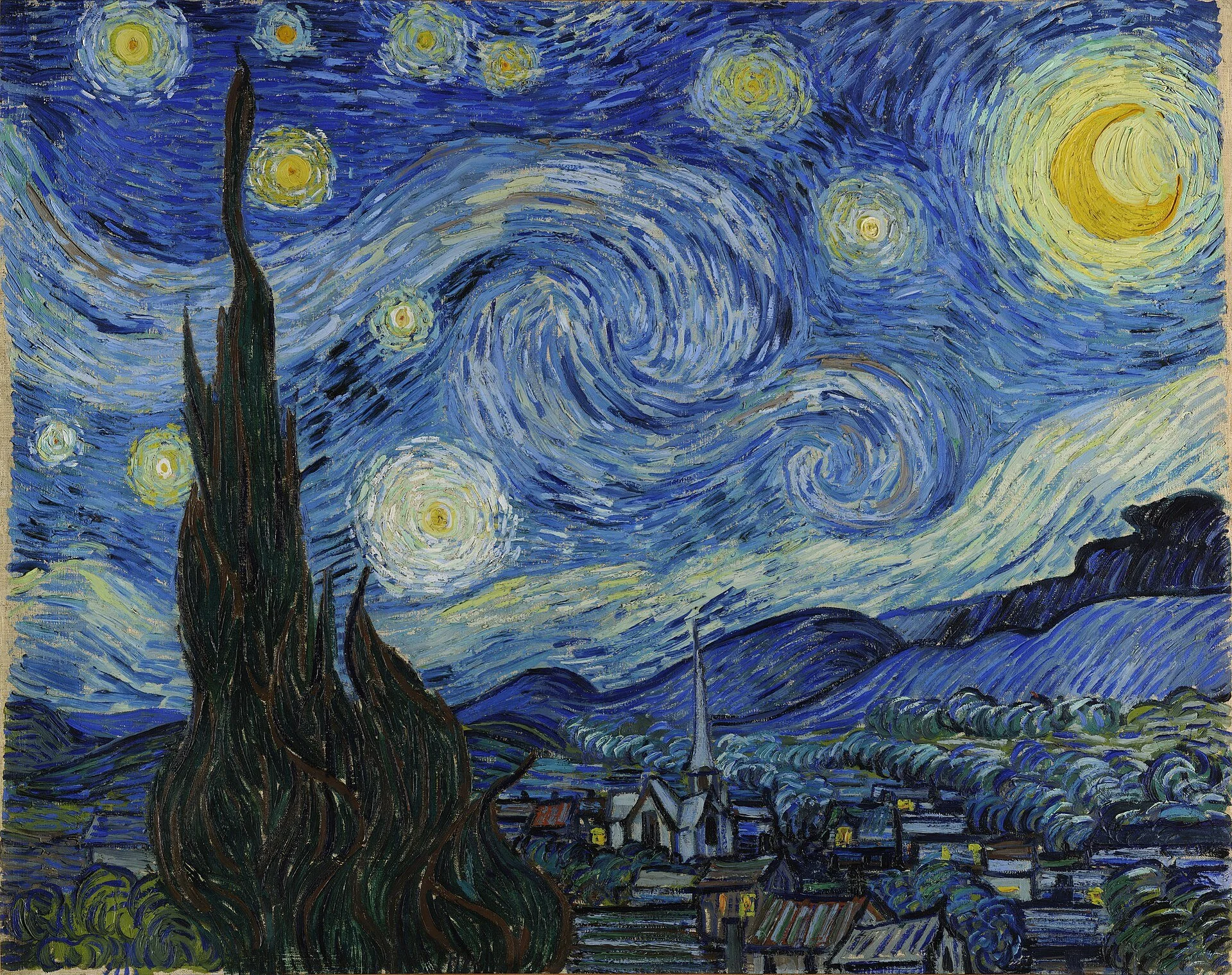Master Post
Fair warning: this is a long, ongoing post.
If you are reading this and currently in the midst of an anxiety disorder, I’ve been there and know how you feel. It sucks. It can be scary, especially when there it feels like there is no distinction between you and your anxious brain - not the same as seeing an ankle injury.
Anxiety is not a life sentence. Not only will you get through this, but you can get to a place of full recovery and be a stronger person because of it. No, you do not have to “manage” and medicate it - you can be fully healed.
I’ve had panic attacks where adrenaline rushes wake me up at 4am, I’ve called a hotline when no one else was awake, I’ve felt like I was going crazy and scared of my own thoughts. I’ve felt broken beyond repair. I’ve felt (and still do at times) feel ashamed and embarrassed that I “am like this” when objectively, I am absolutely blessed in this lifetime. I’ve felt misunderstood. Part of me is embarrassed to share this topic, but I will in the hope it can help one person, including future Katya to refer back to.
However, after a year of intentional daily efforts (following a few years of avoiding the work), I’ve overcome the anxiety disorder. While I would like to say I took 365 days fully seriously, when I felt great for a stretch of time I would slack, losing about 1.5 months to this. Not bad overall.
It may seem like a lot, but as this great video says, I am treating it like a chronic serious health condition - which it is, when it runs your life. Your Main Quest is avoiding side quests.
5 Stages of Anxiety
Below are 5 stages that I’ve noticed for myself. This is an amazing Reddit post that I highly recommend reading and inspired me to write this in this stage-format. And, of course, some artwork for each stage. :)
The Scream, Edvard Munch, 1832
9/10-10/10 Anxiety
How I felt: Panic attacks, adrenaline running through the individual veins in your body, heart racing, crying (a lot), dread
This is the worst stage. It is physically and mentally scary and awful.
Stop trying to fight your symptoms. This is the basis of Acceptance and Commitment Therapy (ACT) used to treat anxiety disorders. The more you fight your symptoms, the more worried you become, which makes your nervous system flare up even more - bad cycle. Wait it out, let your symptoms pass. Fears, doubts, self-attacks will come - this is a normal process when your body is in fight or flight mode. (e.g., “Am I going crazy?” “Will it be like this forever?” No.)
If that doesn’t work, ask for more (DARE Method). Say to your body, “That’s all you got? Give me more.” When you ask your body to make your symptoms worse, you’ll find it can’t. Keep running towards it until your symptoms gradually begin to ease.Physically help your body. If recommended by a doctor, a nervous system relaxant like Lorazepam can help to ease you to a lower level of anxiety. Non-medical - passion flower drops. Deep breathing is always mentioned, but honestly, I can’t say it helps calm my thoughts.
Refocus. When your symptoms ease, direct your focus on something else. Anxiety is most easily fueled when you focus on it and will claw at you to get your attention back - distract, ignore, refocus. If you’re down bad, engage your senses without moving: 5 things you see that are blue, 5 sounds you hear, 5 textures you feel, etc. If you can, get up and do a short activities like making a meal or reading a few pages of a book. Watch a comfort show. These are a few short videos that helped “pull” me out:
Miroir de la tauromachie, Francis Bacon, 1990. This stage is like surviving with a raging bull in your mind.
7/10-8/10 Anxiety
How I felt: Racing thoughts, constant worrying, fearful, barely functioning, exhausted, occasional panic attacks / lows
This can be an exhausting stage where you’re not fully debilitated, but your body and mind are still working overtime. You are a shell of yourself. You are on the edge, about to spill over anytime. You are in survival mode.
Therapy and / or medication. The Reddit post mentioned does an excellent job of outlining therapy and medication. I will say that it can be really frustrating to find a professional that works for you, but don’t give up. While we can be “our own” therapist with so many resources online, it’s a) overwhelming and contradicting at times, and b) there is power to healing with human connection and being heard (even if you’re paying for it).
Read about anxiety. I went on a reading rampage trying to figure out what was “wrong” with me. Turns out there are millions with this very cureable disorder, you’re not alone. These are books that I found helpful.
DARE: The New Way to End Anxiety and Stop Panic Attacks by Barry McDonagh. Wow. This is if not the best book I’ve read on anxiety.
Feeling Good: The New Mood Therapy by Dr. David Burns. Choose the chapters that apply to you. My key takeaway from this book are the Cognitive Distortions table and exercises that frame and challenge these thoughts.
My blogposts (1) ABCs of CBT; (2) ____.
YouTube channels like Dr Scott Eillers
My good friend Camille’s blog on her healing journey.
Practice what you learn. Reading about anxiety and treatments is great, but it needs to be practiced. Again and again and again. When it sucks, when it feels like it doesn’t work, when everything is telling you not to. Do it, then do it again.
Diet. Limit or eliminate alcohol, caffeine, processed foods. DRINK WATER! I stopped drinking coffee on August 29th, 2025 - this Reddit post and this podcast turned me off from caffeine. On artificial sugars (Coke Zero, protein bars, etc.), there are interesting studies that showing the hormonal rollercoaster effects on body and mind: fake sugar triggers sweetness receptors —> increased insulin —> increased cortisol (anxiety culprit) —> crash. Some people are more sensitive to others (🙋🏼♀️).
Supplements. Related to diet, but the following supplements helped me (Amazon links to the exact ones I buy): L-theanine, magnesium glycinate, fish oil, and passion flower. I’m sure there’s more you can add, but this “stack” works well for me to take before bed. Do NOT expect tiny capsules/drops to magically work on you if your overall diet is shit.
Remove triggers. This could also go in the next stage, but putting it up here in case. If you are set on fully recovering from anxiety, remove triggers as much as possible while you heal. I made some major moves to get to a healthier place: I moved home from the UK to Canada, I left a time-intensive finance job to become a Master’s student, I moved home to my parents’ to receive help (note: families are not always a source of less stress); I deleted social medias (IG, TikTok).
5/10-6/10 Anxiety
How I felt: Racing thoughts, constant worrying, fearful, exhausted but functioning
This stage is similar to the one above, survival-but-functioning mode; this stage is a bit more manageable but still hard. However, this is where you start putting in the grunt work.
To do the work, I find a “sandwich” (lol) method works for me - doing something from the list below right when I wake up and before I go to bed. Sometimes one thing during the day. This keeps “eliminating anxiety” as my top priority of the day by actions alone. Days add up to weeks, months, and years.
Continue to do the things listed above. Living in higher stages of an anxiety disorder is worse than carving out time in your day to do these things. Choose your hard.
Start building a morning routine. I automatically want to roll my eyes at the words “morning routine”. For some reason, I have never kept a consistent morning routine outside of the usual teeth-brushing getting-ready-for-work. However, again in September 2025, I decided to commit (along side no caffeine). On holiday in Italy, it was too hot to run after 9am so I ended up running first thing in the morning (also committed to my Runna plan) and realized - Wow, it is SO nice to exercise in the morning. I’m also currently reading The Power of Habit by Charles Duhigg. A key thing emphasized over and over again is to start small. Add in one small thing without overwhelming yourself with a massive to-do list. You’ll naturally build on it. Even starting a morning routine only came to me in September (month 9 of 2025).
Exercise. I put this here very cautiously. I went through a year-ish where running and HIIT, my releases, were destroyed by anxiety. It was devastating. About one km into my run, I would notch up to the levels above and end up crying or barely able to breathe. That was my body saying no, too much. I shifted to pilates and hot yoga instead (when I could). So, listen to your body. Walking, movement, stretching is all a very good way to get out of your head (and into your body), but be respectful to your body. At this base level of anxiety, I was able to start running again. Signing up for a race (half marathon) and setting a time goal helped me make progress towards something.
Meditation. This one I neeeeeed to be more consistent with, holy smokes. It helps me so much but I haven’t found a way to make it a habit. When I meditate solo, I can find this cozy feeling in my chest. These are some guided meditations that I go back to: Detachment - Let Them, Let It, Joe Dispenza
The Starry Night, Vincent van Gogh, 1889
4/10-5/10 Anxiety
I used to ask “Why me?” and I stopped asking that. Shit just happens sometimes, walk through it.
Other Notes
In August 2025, I relapsed into a higher state of anxiety at around 6-7/10. It was triggered by a brief but intense relationship ending and, in hind sight, I should have signed up for therapy right after that to nip it in bud (or is it butt?). The anxiety about having anxiety again is very frustrating. However, I accept it. Instead of fighting it, I am trying to look at it from a different lens, gather new information. I’ll always hear “recovery is not linear”, yet when you’re relapsing, it feels like all progress is wiped out and the state will last “forever” - it wasn’t and doesn’t.
As I had a proper talk with God to help heal me, my good friend Camille happened to share her new website that talks about her healing journey. Her mind-body connection writing sparked a huge realization for me (thanks God): sometimes we target anxiety as coming only from “up there” in the brain, but maybe it’s a byproduct of an overall unregulated nervous system. This has started a new chapter of my Main Quest (lol) of researching nervous system regulation, somatic practices, polyvagal theory, and so on. I was tearing up reading this incredible post:
“It wasn’t that I “fixed” anxiety separately. It was that by teaching my nervous system to feel safe again, the anxiety no longer had a reason to exist.”






